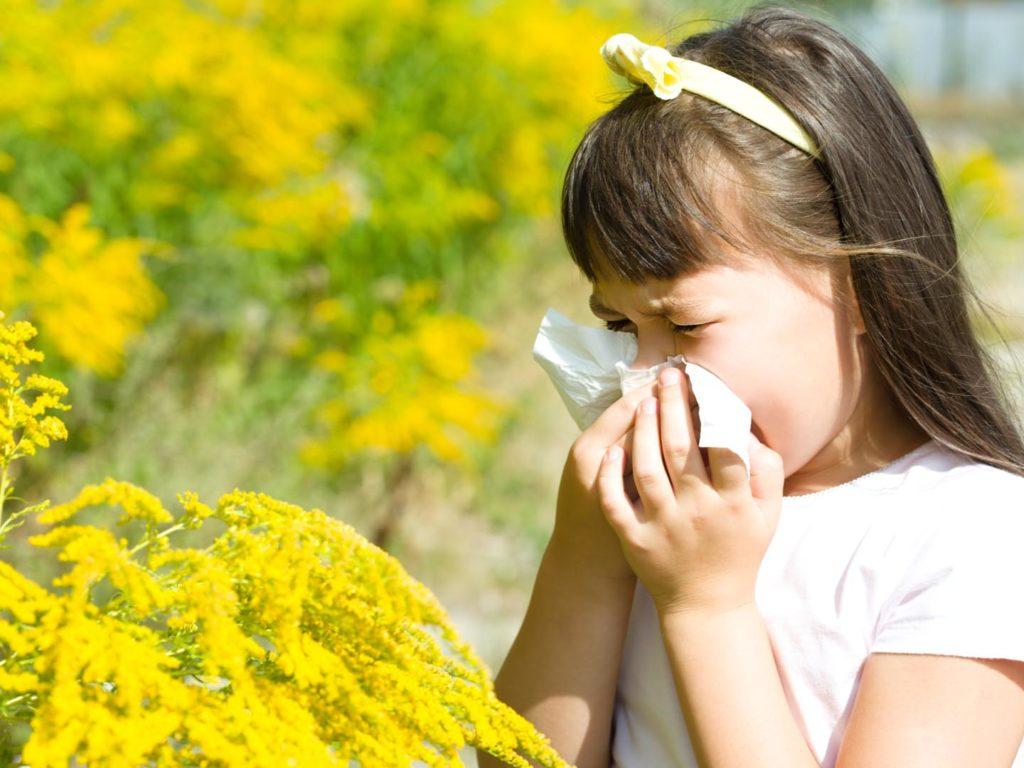When should I see the doctor for that summer cold?
What serious respiratory infections are circulating this summer of 2025?
- Cough.
- Fever and body aches.
- Headache.
- Runny nose.
- Sore throat.
Digestive symptoms of a summer cold include:
- Diarrhea.
- Nausea and vomiting.
- Upset stomach.
The current overall respiratory illness activity is currently low. However, it is important to remain vigilant about COVID-19, as a summer surge is anticipated. Influenza and RSV are two other respiratory viruses that can cause a serious illness. Although the incidence of these viruses are typically lower in the summer time, it is not impossible to get infected in the summer time.
At what temperature should I be concerned that something more serious could be going on?
In adults, a temperature of 103°F (39.4°C) or higher warrants concern for a serious infection and should prompt a call to a healthcare provider. If the fever is accompanied by other concerning symptoms like confusion, difficulty breathing, or loss of consciousness, go to the emergency room to seek immediate medical attention.
What can I do at home to help my symptoms?
Getting adequate rest is important. Sleep is crucial for allowing the body to recover. Hydration is also essential. Drink plenty of fluids, such as water, juice, or warm tea, to help thin mucus and soothe a sore throat. You may also take over the counter medications such as pain relievers (like acetaminophen or ibuprofen) and decongestants can help manage symptoms. Humidifiers or steamy showers can help relieve congestion. Prevention of contracting summer respiratory viruses involves avoiding sharing drinks or utensils. Also, wash hands frequently. Good hygiene is essential for preventing the spread of colds.
- Exposure to Covid 19 or Influenza: If you have been exposed to someone diagnosed with influenza or covid 19 and you begin to have cold symptoms or flu like symptoms, you may want to visit a doctor sooner than later in order to get the appropriate anti-viral treatment.
- Worsening or persistent symptoms: If your cold symptoms (like a cough, sore throat, or congestion) don’t start to improve after 7-10 days, you may want to consult with a doctor to treat any developing secondary bacterial infection.
- High fever: A fever over 101.3°F (38.5°C) that lasts for more than three days or returns after a fever-free period warrants medical attention.
- Difficulty breathing: Shortness of breath, wheezing, or chest pain are serious symptoms that require prompt medical evaluation.
- Severe pain: Intense sore throat, headache, or sinus pain that doesn’t respond to over-the-counter remedies should be checked by a doctor.
- Signs of dehydration: If you’re experiencing symptoms like dry skin and mouth, lack of tears, or reduced urination, it’s important to seek medical advice.
- Symptoms in vulnerable populations: Newborns, older adults, and individuals with weakened immune systems are more susceptible to complications from colds and should see a doctor promptly if they develop symptoms.
The physicians at Sunrise Urgent Care Center are here 7 days a week to care for you and your family. If you need us to evaluate you or your family member, book an appointment now at https://www.clockwisemd.com/hospitals/8841/visits/new

